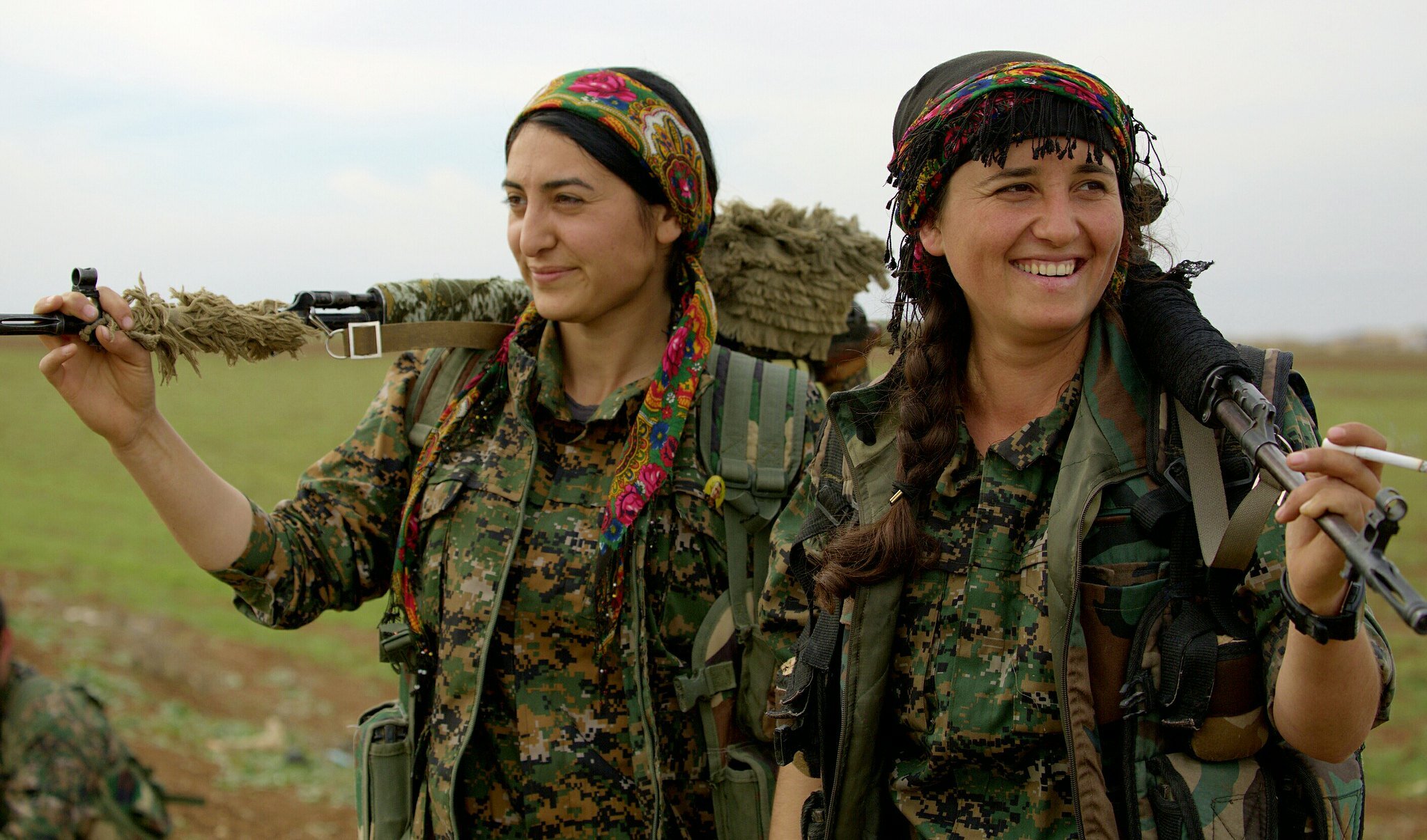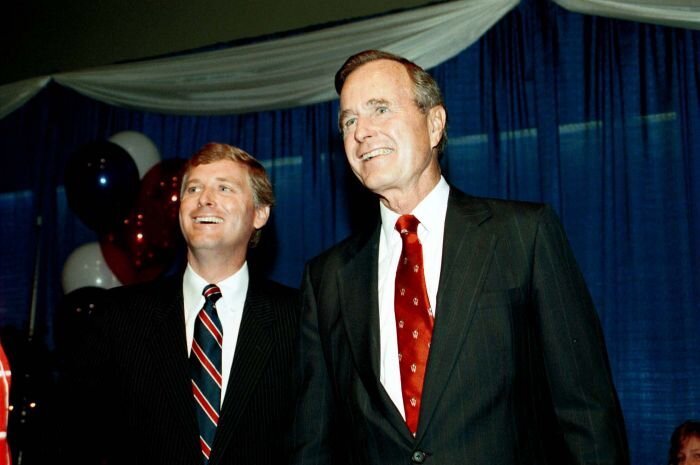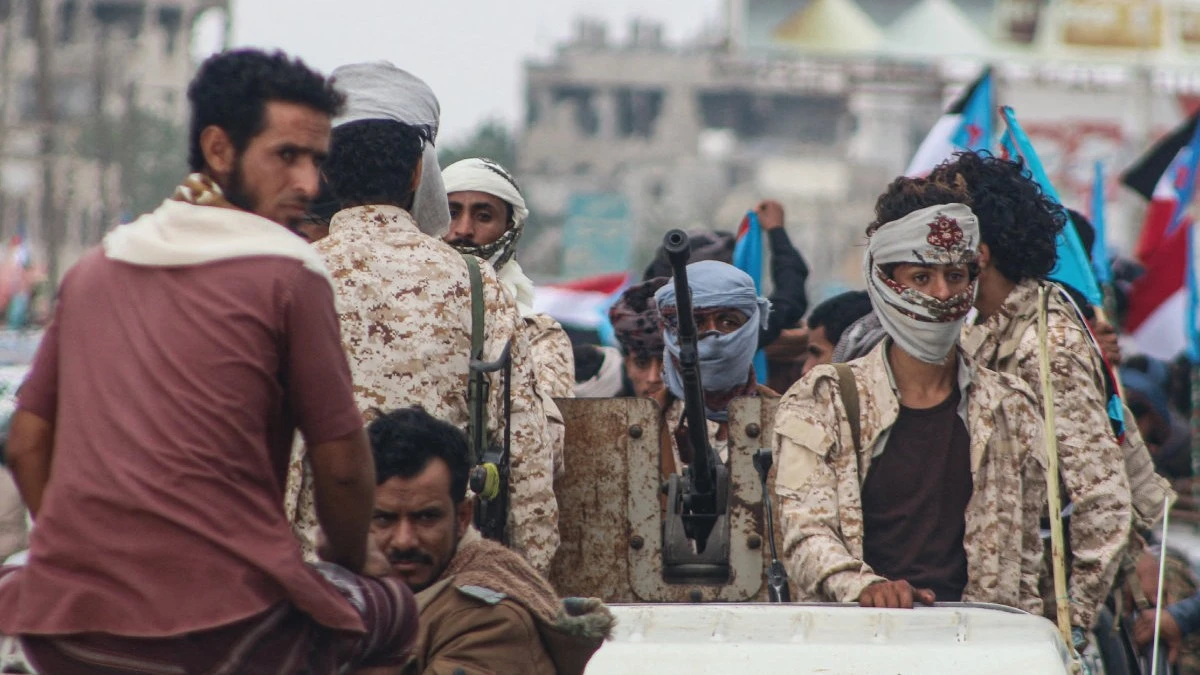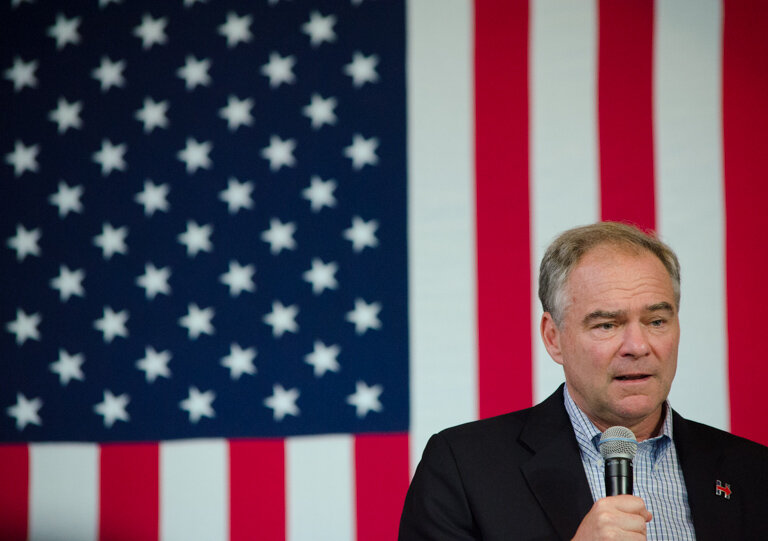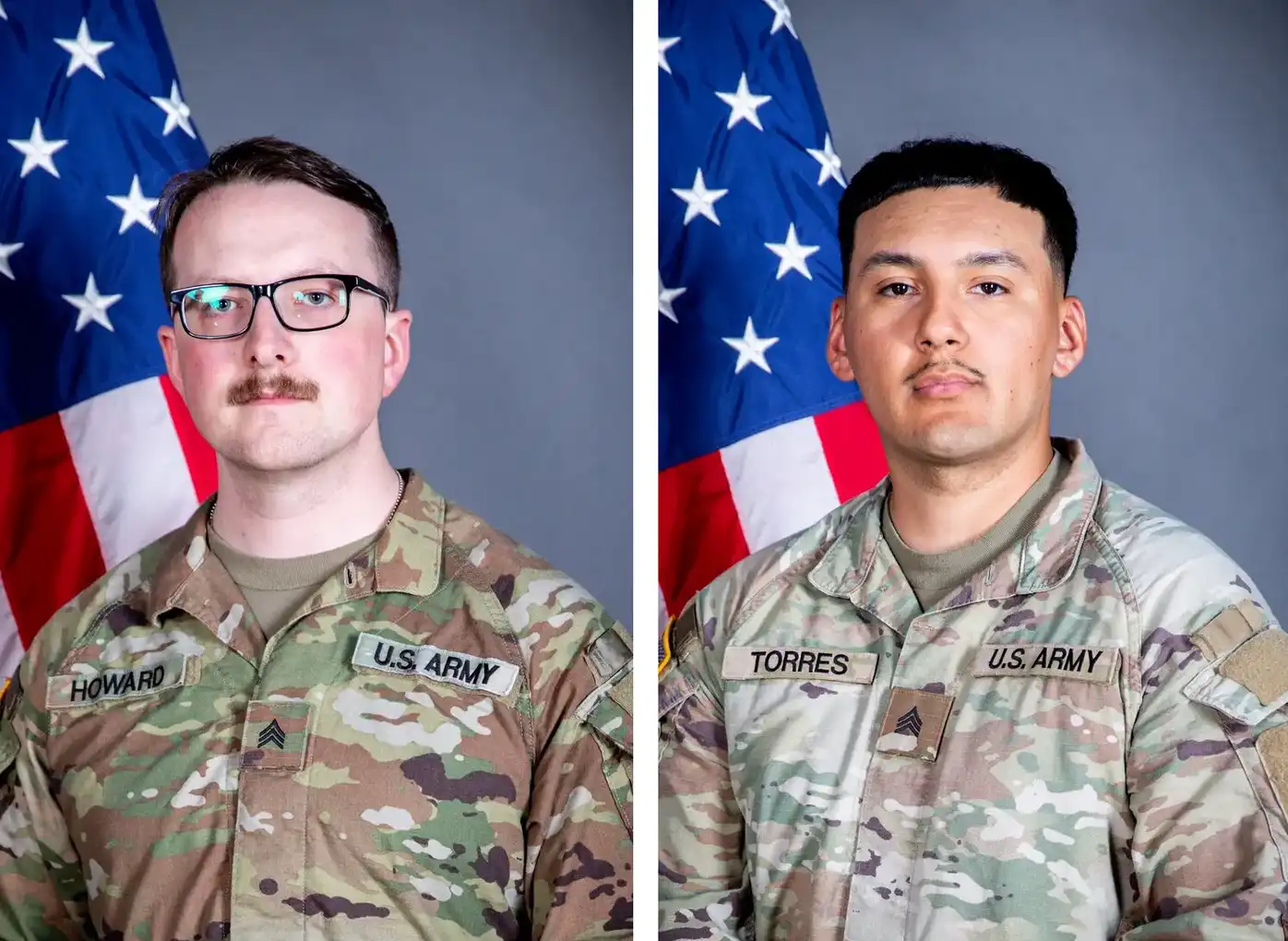ANKARA, Turkey. October 17, 2018. PICTURED: Turkish President Recep Tayyip Erdogan in a meeting with U.S. Sec. of State Mike Pompeo.
WASHINGTON D.C. Monday, October 7th, 2019. The White House released a statement on Sunday the 6th regarding an impending military invasion into Northern Syria by Turkey and her military stating that there will be no reason for American troops to remain in Northern Syria since the Turkish agenda involves reducing the amount of terrorists in the country, something the United States was already doing.
The statement said nothing about whether U.S. troops would depart the country entirely or simply relocate to another region.
U.S. military forces were heavily involved in the war against the Islamic State of Iraq and the Levant (ISIL) who were defeated last year when the remainder of their territorial holdings were lost in battle with various factions including the U.S., the Syrian Kurdish militia known as the YPG, and Syrian military forces under Bashar al-Assad.
After 8 years of war in Syria, Washington and Ankara agreed to create a “safe zone” spanning 300 miles of the Turkey-Syrian border.
It is into this safe zone that Ankara will launch combined-arms military operations for the dual purpose of further reducing the terrorist footprint in the country, and establishing a safe and secure location for Syrian refugees.
3.6 million Syrians have become refugees in Turkey as a result of the war, creating political discontent and to a lesser degree, provincial instability in the areas where the Syrians have settled.
In September, Turkish President Recep Tayyip Erdogan announced that if a deal was not reached with the U.S. soon, he would “open the gates” to allow these refugees to migrate into Western Europe.
“Our goal is for at least one million of our Syrian brothers to return to the safe zone we will form along our 450 km border,” Erdogan said in a speech last month.
PICTURED: Two Female Kurdish YPG fighters smile for the camera. Kurdish peoples are known to be more progressive than the societies in which they live, which includes their attitudes towards women’s rights. Photo Credit Kurdish struggle, CC 2.0.
One man’s terrorist…
One of the two goals of this large military invasion is to clear terrorists from the region.
Turkish Foreign Minister Mevlut Cavusoglu tweeted that Turkey has supported the stability and integrity of neighboring Syria since the beginnings of the war, and that clearing terrorists will ensure peace and stability for Syria.
However, along with ISIL remnants the terrorists Cavusoglu is referring to is the Kurdish militia army known as the YPG that has acted as the United States’ allies in the quest to destroy ISIL. Much of the heavy-handed work involved in dismantling the Islamic State was done by the YPG, and they lost many fighters in the process.
Ankara views the YPG as an extension of the Kurdish Workers Party, also known as the PKK. The PKK has waged insurgent warfare against Turkey for decades, and many thousands of people have been killed over that time.
Both the Pentagon and Ankara label the PKK a terrorist organization, though their opinions differ in regards to the Kurds in Syria – the YPG. The plan of the invasion involves dispossessing land currently held by the YPG in order to return at least 1 million Syrian refugees to their nation.
Both sides have vowed violence if the other does not back away from their positions.
PICTURED: George H. W. Bush and Dan Quayle at the 1988 Republican National Convention. H. W. is a despised figure amongst the Kurdish peoples of Iraq.
Broken promises
The YPG, which sits within a loose coalition of anti-ISIL, and nominally anti-Assad forces called the Syrian Democratic Forces (SDF) warned that a Turkish invasion could spark a massive resurgence of the Islamic State, while also vowing to battle against the incoming Turkish forces.
“There were assurances from the United States of America that it would not allow any Turkish military operations against the region,” SDF spokesman Kino Gabriel said as reported by Al-Jazeerah.
“But the [US] statement today was a surprise and we can say that it is a stab in the back for the SDF”.
A spokesperson for the SDF added later that they would “not hesitate to turn any unprovoked attack by Turkey into an all-out war”. 11,000 SDF fighters were killed in the conquest of the Islamic Caliphate and they are unlikely to turn over the territorial gains their comrades shed so much blood in capturing to the incoming Turkish forces.
The White House remained silent about what would happen to their Kurdish allies, though attempts to warm relations between the two factions have been made under the Trump administration.
If a conflict between the YPG and the Turkish military broke out, it would not be the first time the United States left these moderate Middle-Easterners high and dry in the swirling regional conflicts spanning backwards across time.
After having a rebellion squashed by Saddam Hussein during the Iran-Iraq war in the 1980s, they were encouraged to revolt and overthrow Hussein again several years later after the Iraqi invasion of Kuwait. Former CIA Director and Republican President, George H. W. Bush incited them to rebel likely with promises of U.S. support through the CIA, who have conducted operations with the Peshmerga – the military force of Kurdistan in Iraq – on other occasions before and after.
After Saddam’s failure to depose the Ayatollah in the Iran-Iraq War and his subsequent invasion of Kuwait in the First Gulf War, the United States had lost all interest in their alliance with the Iraqi strongman and would have been happy to see him replaced. However he brutally crushed the Kurdish uprisings.
To this day H. W. Bush is hated within the Kurdish community, as once it became clear the Kurds in Iraq did not have the capacity to overturn the once-ally of the United States, Saddam Hussein, most of the support promised to them if they rebelled never arrived, and as a result they could do nothing to stop the Iraqi army rolling over them.
It’s unlikely another Republican president will honor another allegiance to another Kurdish people now 30 years later, as it involves opposing the Turkish army, something that Trump has no interest in doing as he looks to score a victory in the foreign policy realm before election season.
